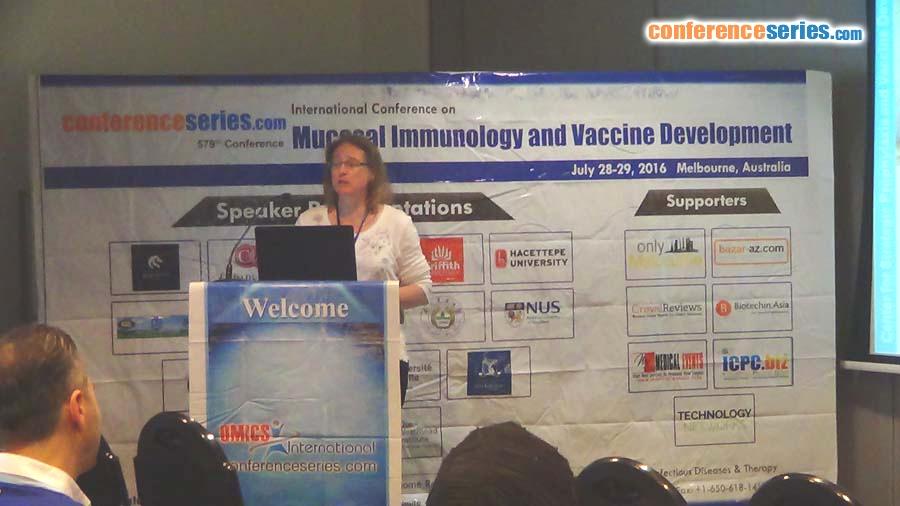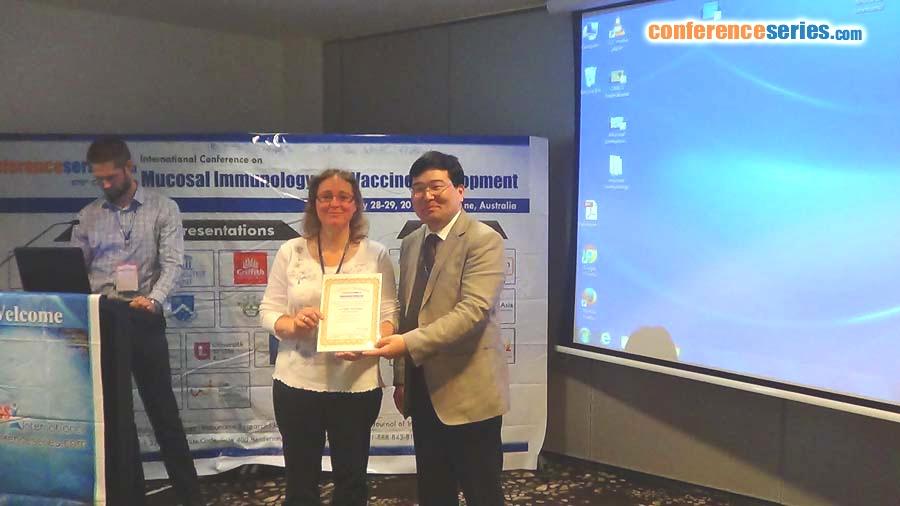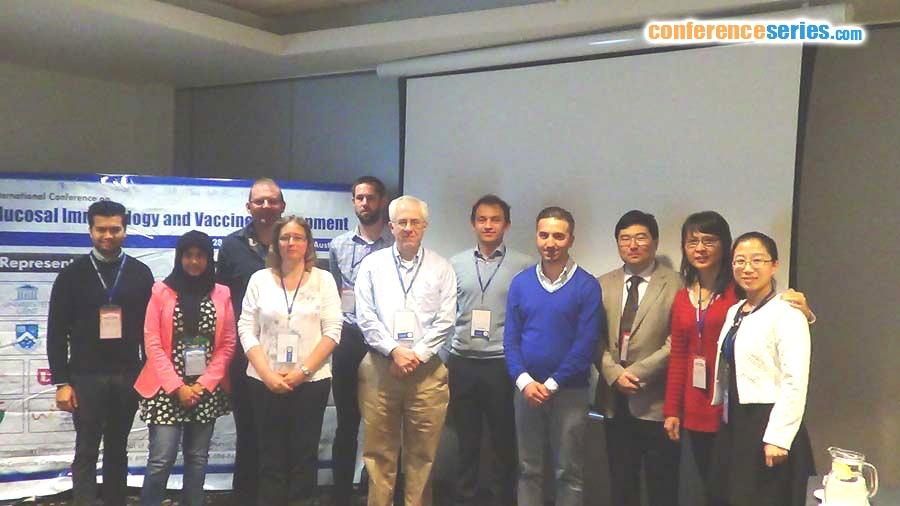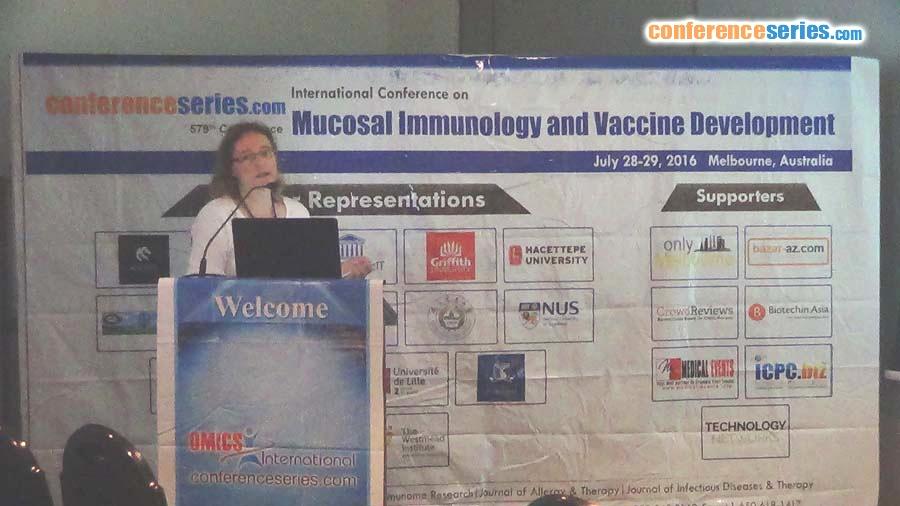
Daisy Vanrompay
Ghent University, Belgium
Title: Primary infection with Chlamydia trachomatis L2c in a porcine model produced urogenital pathology similar as in humans and failed to induce protective immune
Biography
Biography: Daisy Vanrompay
Abstract
Background: Chlamydia suis is widespread in commercial pig production and causes important economic losses. Currently, C. suis infections are mainly associated with conjunctivitis and reproductive disorders in sows and boars.
Objectives: The aim was to reveal the characteristics of genital C. suis infection and re-infection in female pigs by studying the immune response, pathology, replication of chlamydia in the genital tract and bacterial excretion.
Methods: Pigs were intravaginally infected and re-infected with C. suis strain S45, the type strain of this species.
Results: S45 is pathogenic for the urogenital tract. Chlamydia replication occurred throughout the urogenital tract, causing inflammation and pathology. The genital infection elicited both cellular and humoral immune responses. Compared to the primo-infection of pigs with C. suis, re-infection was characterized by less severe macroscopic lesions and less chlamydial elementary bodies and inclusions in the urogenital tract. This indicates the development of a certain level of protection following the initial infection. Protective immunity against re-infection coincided with higher chlamydia-specific IgG and IgA antibody titers in sera and vaginal secretions, higher proliferative responses of peripheral blood mononuclear cells (PBMC), higher percentages of B lymphocytes, monocytes and CD8+ T cells and upregulated production of IFN- γ and IL-10 by PBMC.
Conclusions: Although C. suis is often still considered as an insignificant pathogen of pigs, it was demonstrated to be a primary pathogen of the urogenital tract. Furthermore, we established an experimental challenge model, suitable for further pathological and immunological investigations and will probably also be useful for studying vaccine development.
Speaker Presentations
Speaker PDFs
Speaker PPTs Click Here





